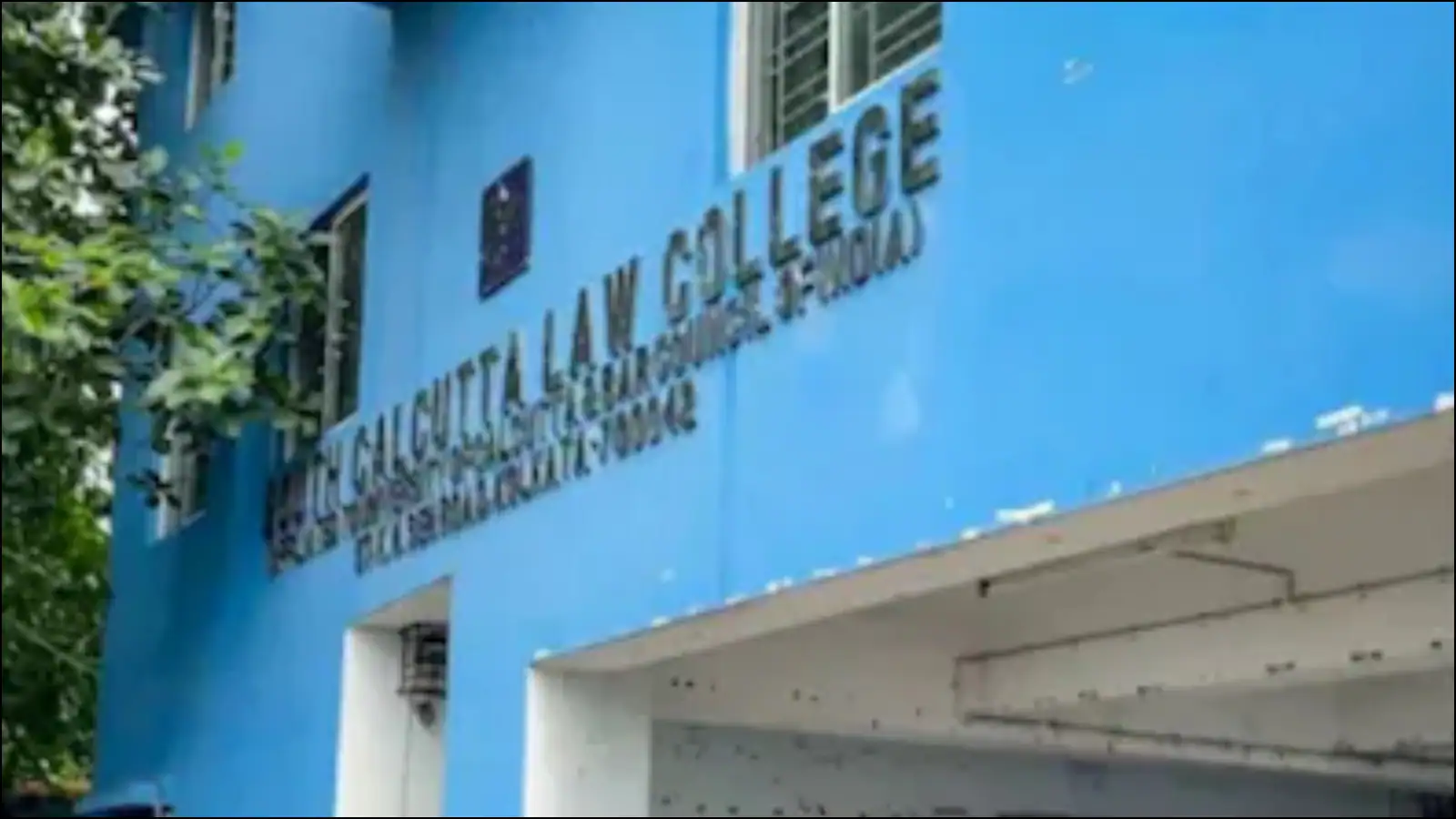By News18
In a significant ruling, the Calcutta High Court has directed the closure of all student union rooms in colleges and universities across West Bengal. The decision, passed in response to a Public Interest Litigation (PIL) referencing South Calcutta Law College, comes amid growing concerns over the unregulated use of such spaces and the absence of functioning student bodies in many institutions.
The court observed that several universities and colleges have not held student union elections in recent years, resulting in the absence of recognised student councils. With no elected representatives to administer these spaces, the court stressed that the potential for misuse of student union rooms has increased.
According to the court鈥檚 directives, the Department of Higher Education has been asked to issue circulars to all state-run colleges and universities. These instructions mandate that in the absence of a recognised student union, all union rooms must be identified and locked. Students can access these rooms only after obtaining written permission from the Principal, Registrar, or another competent authority. The permission must clearly state the purpose of entry. The court, however, clarified that this restriction is limited strictly to union rooms and will not apply to other recreational or common areas meant for students.
The PIL also made specific mention of South Calcutta Law College, where the alleged gang rape of a student has drawn the court鈥檚 attention. In this case, the High Court ordered that the union room be kept accessible solely to the investigating agency until further notice. The college鈥檚 governing body has been directed to ensure that academic activities are not disrupted and that the institution returns to normal functioning at the earliest.
The court鈥檚 order reflects growing judicial concern over the management of student spaces and the need for accountability in the absence of formal student leadership. The matter is now scheduled for its next hearing on July 17, 2025, when the court is expected to review compliance and possibly issue further directions.
